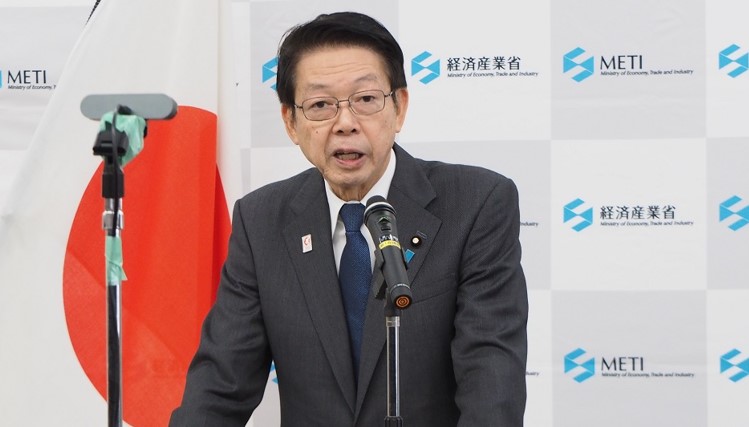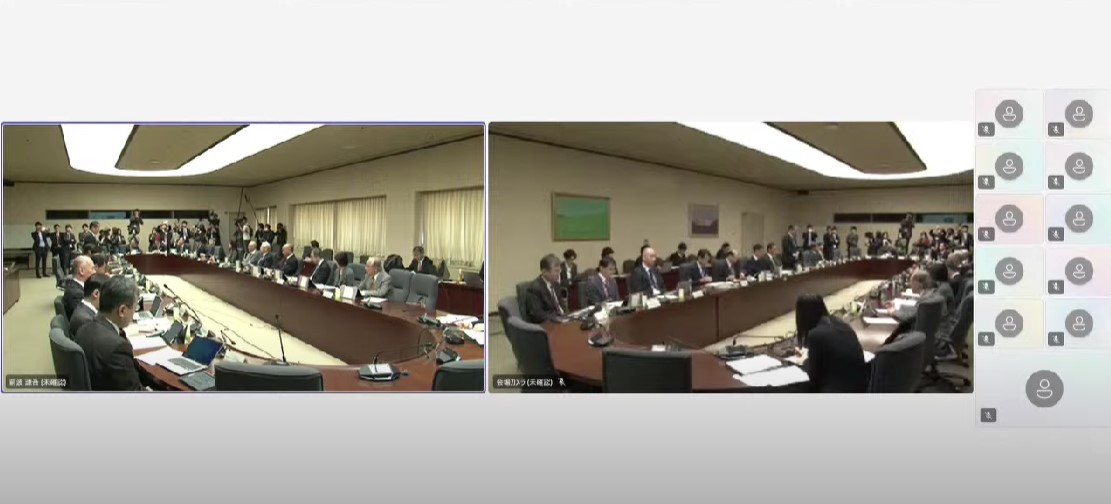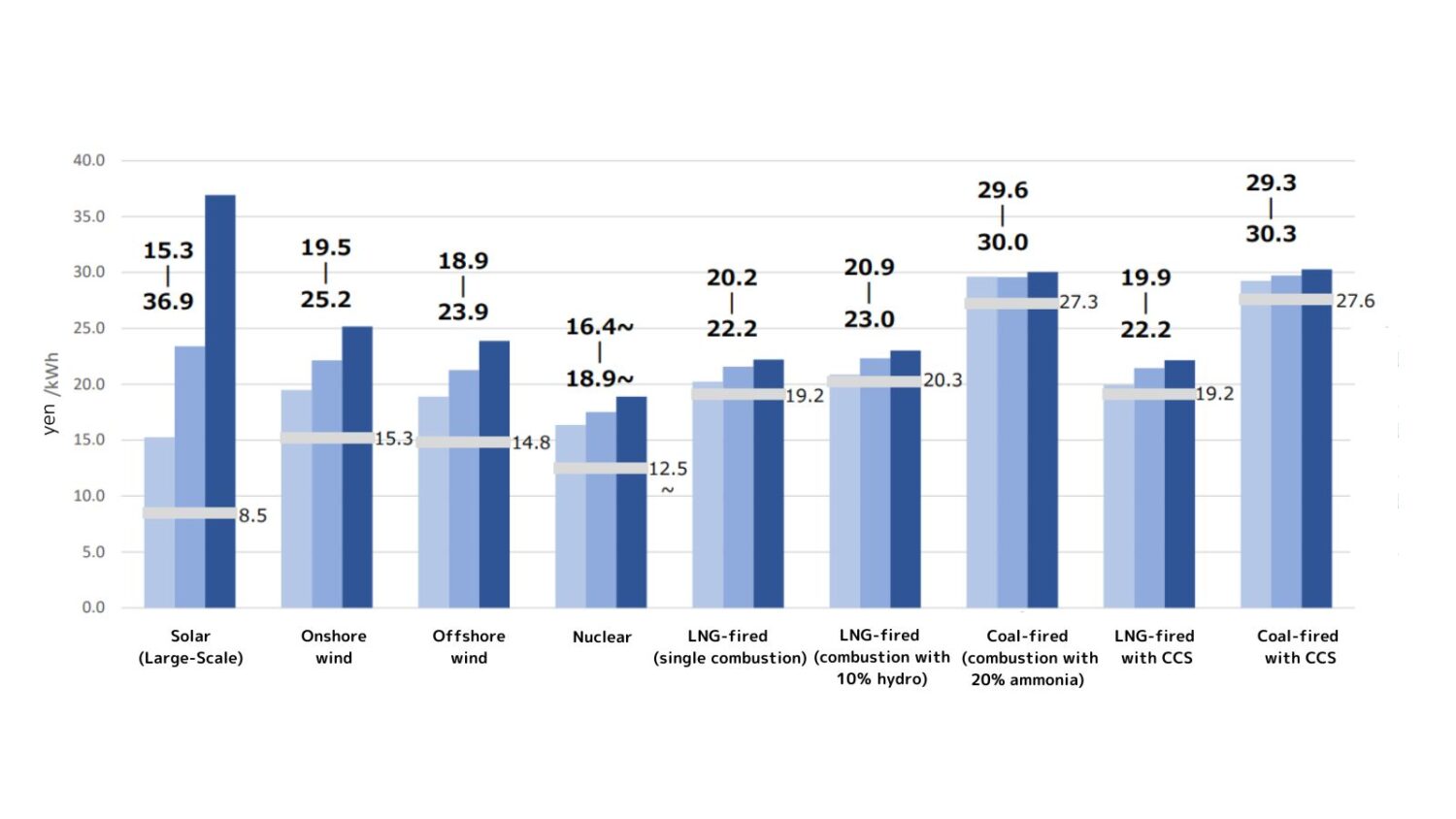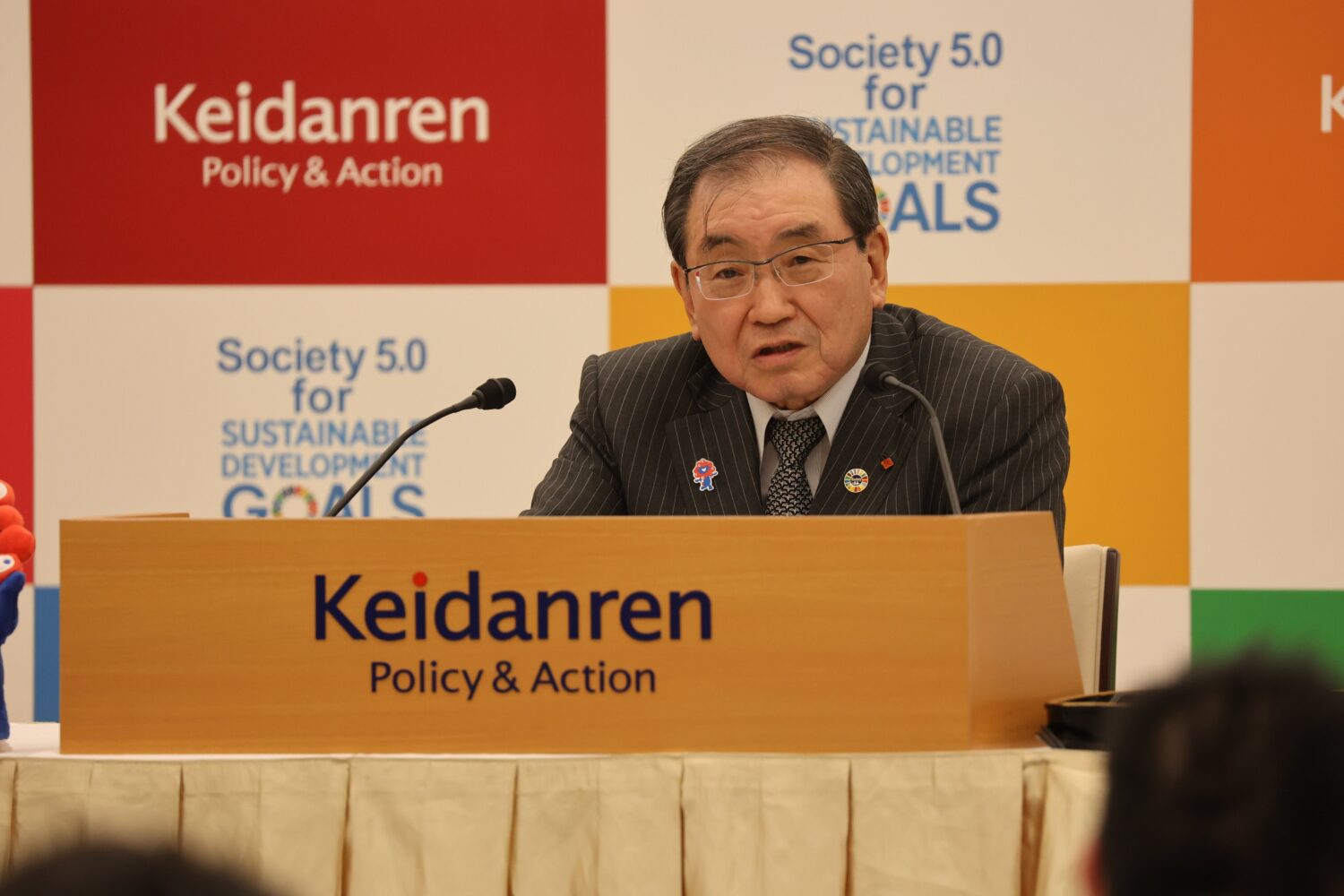With that in mind, the Japanese government is expected to decide on its target, taking into consideration discussions on the nation’s future power-source composition and energy conservation plans.
A decision will almost certainly come prior to the G7 summit in Germany in June. To that end, adjustments and coordination within the Japanese government will soon be in full swing.
Inside a panel of the ruling Liberal Democratic Party (LDP), there is a move to seek reductions of more than 30% through the introduction of renewable energies and the promotion of energy conservation.
Meanwhile, at the Ministry of Economy, Trade and Industry (METI), there are some who think reductions of more than 20% would be difficult in light of concerns about increased costs. Twists and turns will surely be seen in the talks ahead.
Countries are now negotiating toward the establishment of a new framework of climate-change countermeasures for all nations at the United Nations Climate Change Conference — COP21 — to be held at the end of the year in Paris, France, replacing the current Kyoto Protocol.
By the end of March, a total of 33 countries, including those of the European Union (EU), along with the United States and Russia, had presented their reduction targets.
In Japan, all nuclear power plants have been shut down as a result of the nuclear accident at the Fukushima Daiichi Nuclear Power Station in 2011. A nation’s composition of power sources is closely related to its greenhouse-gas emissions. Japan’s composition of such sources (the so-called “energy mix”) has not been decided yet, owing to delays in discussions on an emissions reduction target.
Given that the momentum within the Japanese government seems to be toward setting the level of renewables and nuclear power — both of which emit no greenhouse gases — at around 45% of the energy mix at the minimum, the country might be able to reduce its greenhouse gas emissions by more than 20% by promoting energy-conservation measures as well.
The EU has already announced a target of reducing GHGs by 40% from the 1990 level by the year 2030, and the United States has announced a similar reduction of 26-28% from the 2005 level by the year 2025.
Voices are increasingly being heard within the Japanese government to the effect that if Japan’s target is “significantly not comparable” with those of other advanced, industrialized countries, Japan’s international status and the national interests could be severely damaged.












